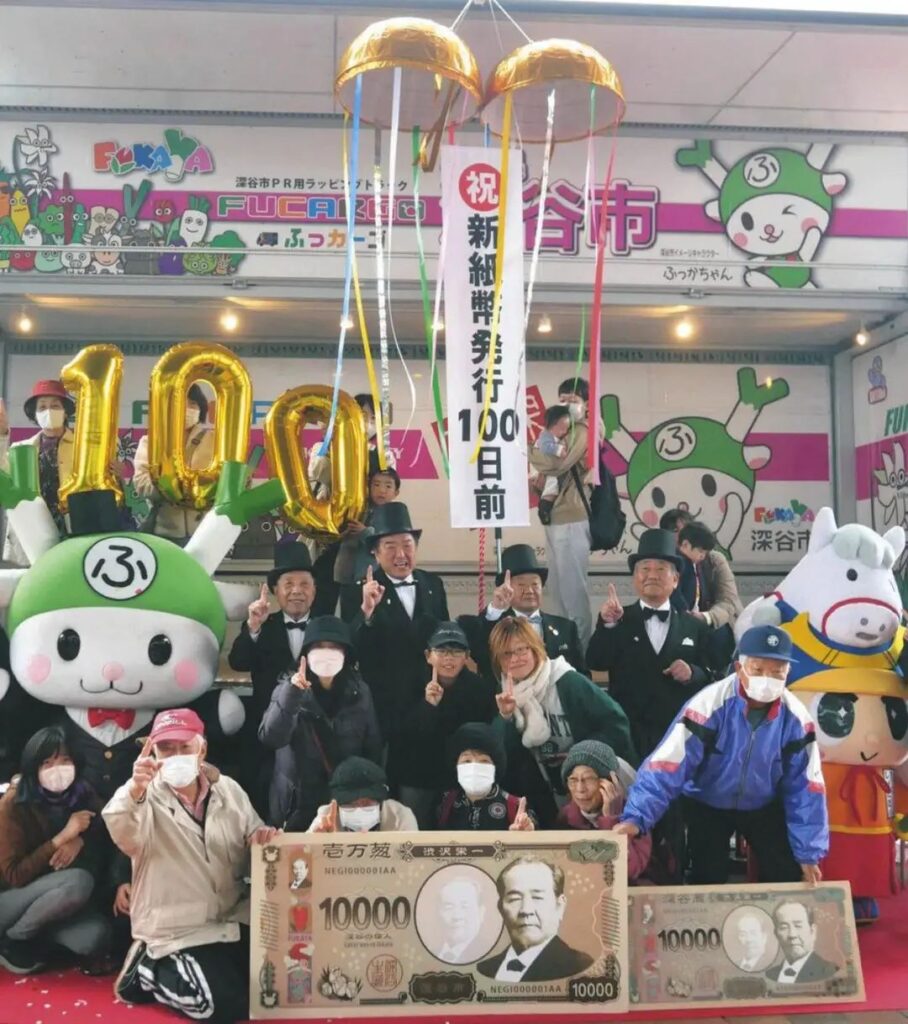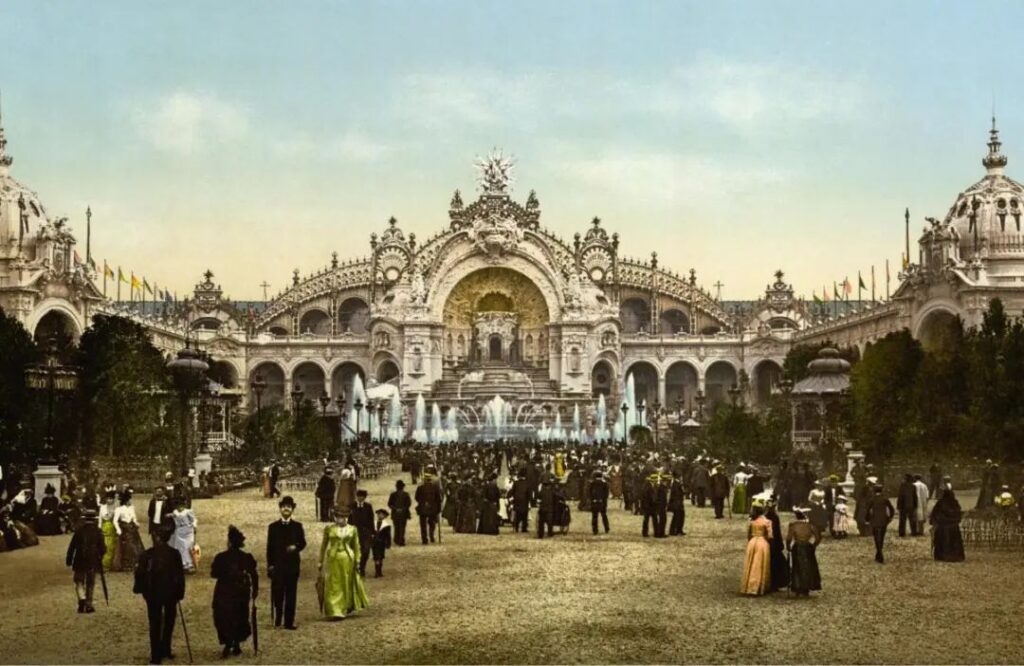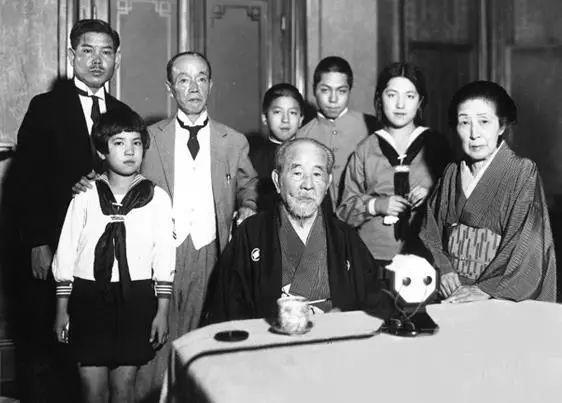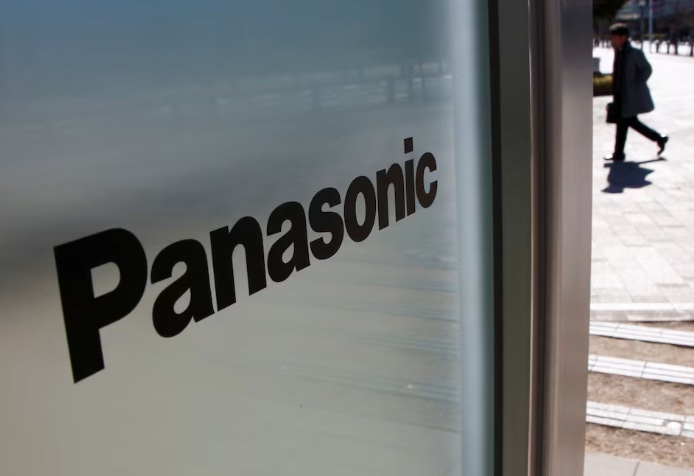The new version of the Japanese banknote will be in circulation in the market. Among them, "Shibusawa Eiichi" will replace "Fukuzawa Yukichi", who has been the character of the 10,000-yen currency since 1984. In today's world where global capitalism is excessive, Shibusawa Eiichi, who pursues the "integration of moral economy", has once again received public attention.

Compared with the modern important thinker Fukuzawa Yukichi, foreigners may be less familiar with the father of Japanese capitalism.
Shibusawa Eiichi was born in 1840, five years later than Fukuzawa Yukichi. The two were in the same era. The former was a practical person, while the latter became a public intellectual. Coming from a peasant family, Shibusawa took over the dye trade business from his father at the age of 14 and went out to purchase alone.
Shibusawa was once passionate about politics. In the early 1860s, he participated in the "Revere the Emperor and Expel the Barbarians Movement" and became a supporter. At the age of 23, he gathered 100 militiamen and planned to attack the Takasaki Castle in Gunma Prefecture and set fire to the foreign settlement in Yokohama.

Later, Shibusawa woke up in time. He realized that this attack plan might be in vain, so he decided to escape to Kyoto and serve under the Tokugawa family and the later Tokugawa Yoshinobu, who would become the last shogun. As a retainer of the shogunate, Shibusawa attended the Paris World Expo as a member of the Japanese delegation in 1867.
Paris presented a large showcase of the fruitful achievements in the Western business and industrial fields to the world: from steam locomotives, industrial lathes, textile machines to education, medical equipment, and social welfare. None of these failed to make Shibusawa feel novel and broaden his horizons. He deeply felt that Japan was like living in ancient times, especially the serious backwardness of finance and industry and commerce.
During his stay in the local area, he focused on investigating and studying the Western economic legal system, the actual business model of joint-stock companies, and the banking and financial system. They all influenced the establishment of modern companies in Japan and the reform of the tax and currency system. At that time, it was the Meiji Restoration.

After returning to Japan, Shibusawa once worked in the Ministry of Civil Affairs (now the Ministry of Finance), which was later merged into the Ministry of Finance (now the Ministry of Finance), and served as "Zuzai" (equivalent to the current director of the tax bureau) with his rare accounting knowledge at that time.
After another year of work in the Ministry of Finance, Shibusawa left the government and founded the country's first modern bank, "The First National Bank" (the predecessor of Mizuho Bank). In addition, with Shibusawa's assistance, more than 500 enterprises in Japan were able to be established and developed, including the establishment of the "Tokyo Stock Exchange" (the predecessor of the Tokyo Stock Exchange) and the "Tokyo Commercial Law Association" (later merged and developed, becoming one of the three groups of the Japan Chamber of Commerce and Industry).
The capitalists who are remembered by future generations are mostly those who accumulate a large amount of wealth throughout their lives and successfully establish a personal business empire. Shibusawa is different. In his later years, he withdrew from business activities and advocated the combination of economy and moral ethics, believing that enterprises must contribute to public welfare. Shibusawa spread his ideas through his Confucian school and think tank, the Longmen Society, and his 1916 book, "The Analects and the Abacus."
His ideas have had a profound impact on the corporate culture in post-war Japan. The third-party agency he established is responsible for arbitrating labor disputes, which promotes the harmonious relationship between Japanese enterprises and laborers. In the history of modern Japanese capitalism, Shibusawa is truly a great industrialist who "makes great achievements, builds a great moral character, and establishes a great reputation".
Shibusawa not only left a business system and countless entrepreneurial entities that are in line with Western capitalism. What has a more far-reaching impact is that he has established a new "businessman's way" for modern and contemporary Japanese entrepreneurs to combine the Western modern capitalist industry and economic system with the eastern Confucian ethics.




It’s no secret that the digital industry is booming. From exciting startups to global brands, companies are reaching out to digital agencies, responding to the new possibilities available.